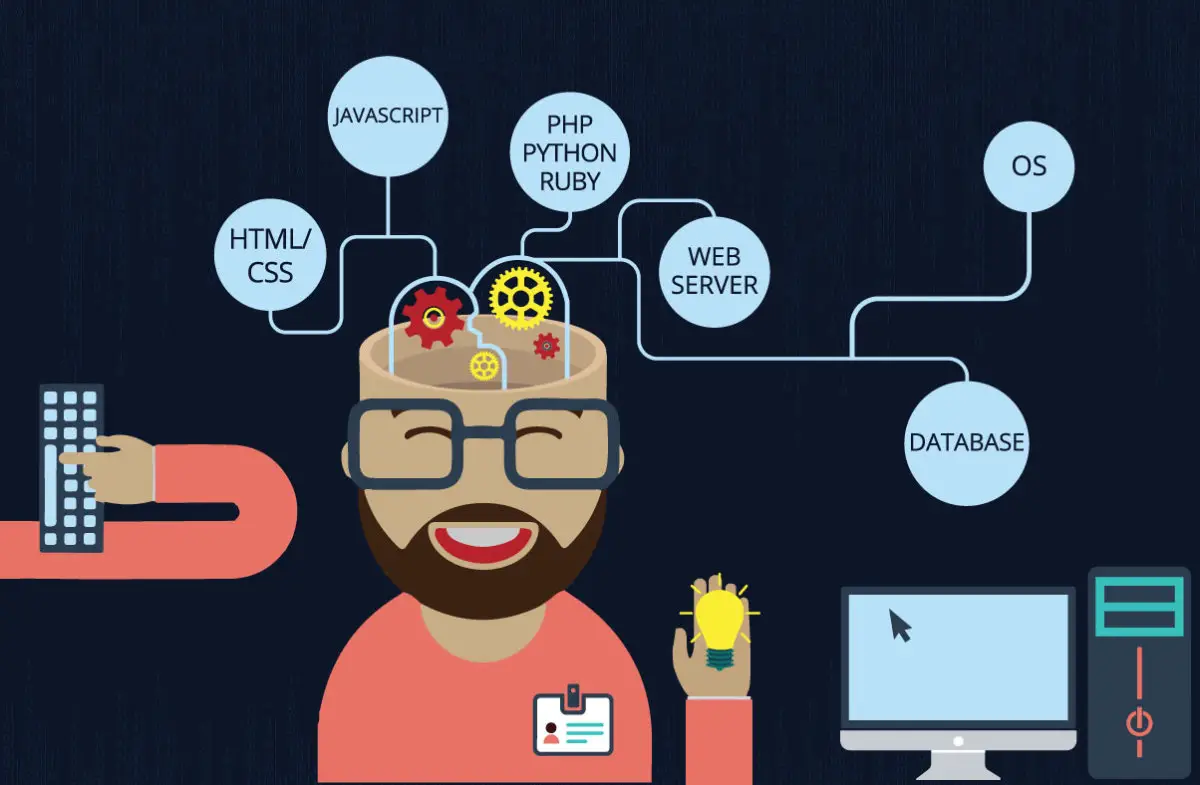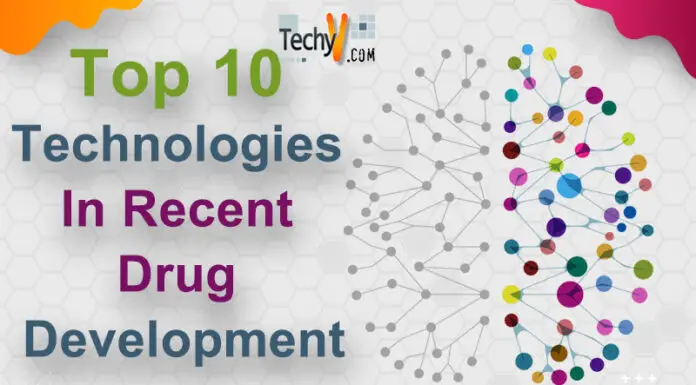COVID-19 has led to a substantial technological transformation in the IT field. According to a recruiting firm Team Lease poll, the IT industry will grow and employ 10 million people by 2026. And if you want to pursue a career in IT this year, you’ll need a thorough understanding of the top 5 technologies to master in 2022 to maintain a consistent career path. Employers are willing to pay lucrative salaries to individuals familiar with cutting-edge technologies.
1. Robotics
Robotics is an important sector that is growing in popularity. Python, Matlab, problem-solving, mathematics, and machine learning are some essential robotics skills you may want to learn. Workers with sophisticated capabilities are critical to the future of robotics and automation. According to the US Bureau of Labor Statistics, engineering industry employment is expected to expand by 3% between 2019 and 2029, with about 75,000 new jobs.

2. Blockchain
Blockchain is used highly for transaction management and replaces the transaction management system. It is the medium that enables transactions. It is a publicly distributed database holding encrypted ledgers of everyone involved in the blockchain. It plays a role in cryptocurrencies and has found its role in finance, health, insurance, law enforcement, real estate, etc. There are public blockchains, private blockchains as well as consortiums. Gartner forecasts that the business value generated by blockchain will increase, reaching 176 billion dollars by 2025 and 3.1 trillion dollars by 2030.

3. CyberSecurity
The outbreak of the covid 19 pandemic has prompted an increase in cyberattacks worldwide. As a result, cyber security is of critical importance in today’s world. Knowledge of operating systems, networking, virtualization, and programming is advantageous in this sector. Cyber crimes resulted in a six trillion-dollar damage in 2021, making it the largest economic disaster in history. A few cyber security companies are Cisco, Microsoft, McAfee, and IBM. Knowledge of operating systems, virtualization of programming, and networking is beneficial in this field.

4. Cloud Computing
All technologies will be dominated by cloud computing. Databases, programming, Linux, networking, and APIs are all required skills for a successful career in cloud computing. Cloud Computing refers to the migration of application services to the Internet and the rising use of the Internet to access a wide range of previously only available through a company’s data center.

5. Augmented Reality And Virtual Reality
Augmented reality combines real-world and virtual aspects, whereas virtual reality provides a completely virtual experience. 3D modeling, software development, and programming are necessary talents for AR and VR. The VR and AR market will reach 15.5 billion euros by 2022, according to an IDC study. AR and VR spending would reach $18.8 billion in 2020, up 78.5 percent from $10.5 billion the previous year, with a five-year annual growth rate of 77.0 percent through 2023.

6. Full Stack Development
According to the US Bureau of Labor Statistics, Full Stack Development positions are expected to grow from 135,000 to over 853,000 by 2024. Full-stack development jobs are high-paying jobs that are available in big numbers. Indeed, this is one of the highest-paying positions on the planet.

7. Quantum Computing
Quantum computing is currently a technique that is transforming several industries. Programming, mathematics, mechanics, scientific computing, and algorithms are all required to master quantum computing. Quantum computers can execute complex simulations simultaneously, making them significantly quicker than traditional computers. Quantum computers can solve complex issues quickly thanks to their capacity to conduct simulations in parallel. Many industries, including finance, healthcare, and education, will be disrupted by quantum computers.

8. Artificial Intelligence
AI has become one of the most important new-age technologies, having applications in a wide range of industries worldwide, and its potential is rapidly growing. According to Forbes research, employment opportunities in Artificial Intelligence (AI) are rising at a rate of 74 percent each year. As a result, learning AI will provide you with numerous job opportunities.

9. Hyperautomation
It involves using multiple technologies like AI, machine learning, and automation technologies such as Robotic Process Automation (RPA) to automate as many business processes as possible. According to Business Wire, 70% of RPA professionals say their organization will hire more developers next year. According to Forbes, the use of AI in business sectors has grown by 270 percentage in over the last four years.

10. Big Data And Analytics
Using cutting-edge technologies, you can store, analyze, analyze, and make sense of massive volumes of data using Big Data And Analytics. Hadoop, SQL, Spark, Python, and Excel are some of the abilities needed to master big data and analytics.



















